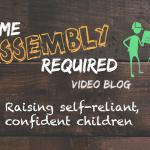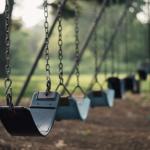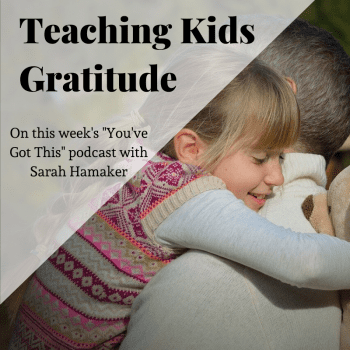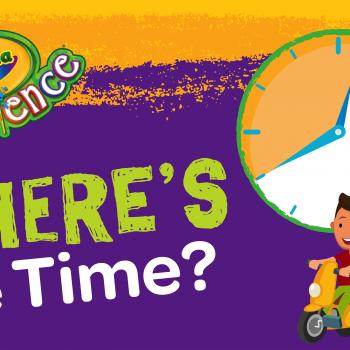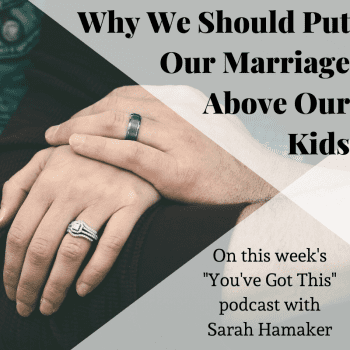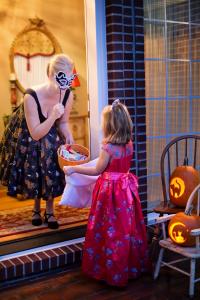
The following is an excerpt from my interview with Susan Morley on my podcast, “You’ve Got This.”
When my two oldest children were around 10 and 11, I let them walk to our city library, located about a mile away. It was a route we often took on foot as a family, and the girls were more than ready to complete the journey by themselves. Armed with bags to carry books and their library cards, the pair set off as if on an adventure.
I, on the other hand, prayed that no one would be “concerned” enough to call the police or social services—and call into question my judgment on letting two tween girls venture out into the big, wide world by themselves. But they happily returned within the hour, and subsequently made many trips that summer to and from the library.
Now their younger brother—10 and 11 years old—have made the trek to the library on their own without incident. It’s become a rite of passage in our home, a symbol of trust and responsibility. But to many moms, something as benign as walking through a safe neighborhood to a local library would fill them with fear and trepidation. “We need to trust our children’s innate ability to take risks,” said Susan Morley, parent coach, credentialed educator, and mother.
Because letting our children assume even low-cost risks like walking to the bus stop by themselves, Morley recommended replacing worry with facts. “The United States government has a lot of data. We need to remember that Facebook isn’t the best source of quality of information,” she said.
One reason why it’s so difficult to allow our kids to stretch their wings is the perceived and real judgment from other moms. “If a child is misbehaving or a child breaks his arm, what’s the first question we ask?” Morley said. “‘Where is that child’s mother?’ Never does anybody ever wonder where the daddy is.”
What can we moms do to counter the culture that tells us mothers are more responsible for their child than the fathers? “Speak your truth,” Morley said. “We need to stand up and be that strong woman.”
For example, instead of judging a mom who ran into the dry cleaners and left her toddler in the back seat of her car right in front of the store, we could stay beside the vehicle to keep an eye on the child. Rather than call the police or berate the mother when she returns to the car, we could say something like, “What an adorable toddler. You have a nice day.” “A response like that reinforces to the mom, ‘what a nice community,’” she said.
If we make more of an effort to say a kind word instead of a harsh one, we would indeed have a better world. Morley challenged moms to look for opportunities to allow their child to be independent as well as ways to encourage other moms to let their children have more freedom. “Let’s all work together to combat the judgment that so often comes our way as moms,” she said.
To hear more great advice and stories from Susan Morley, listen to “Fostering Our Children’s Independence” on the “You’ve Got This” podcast.

